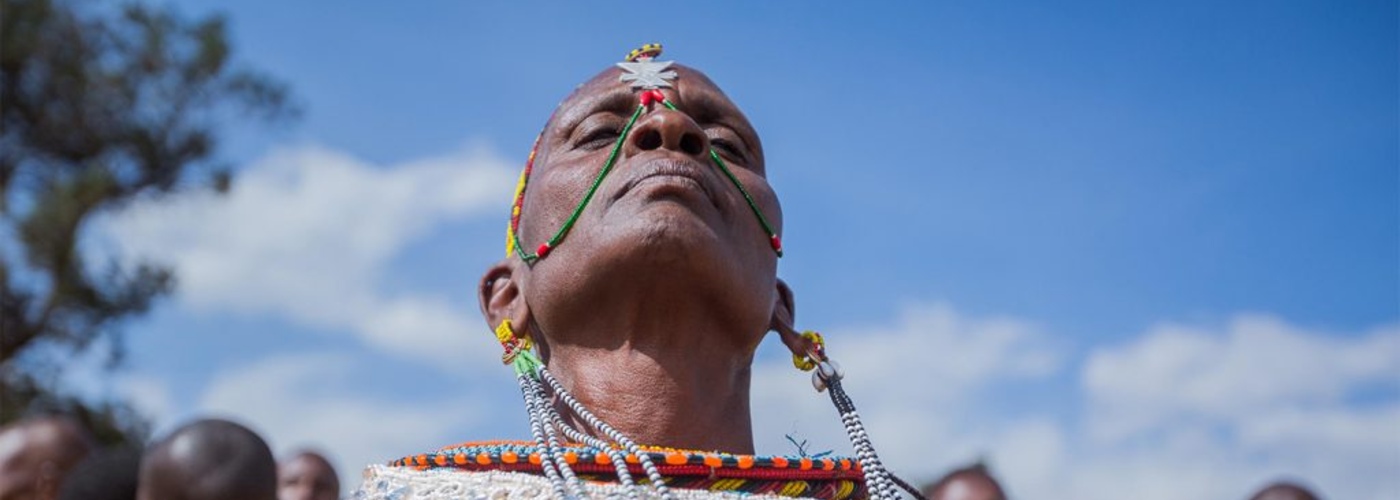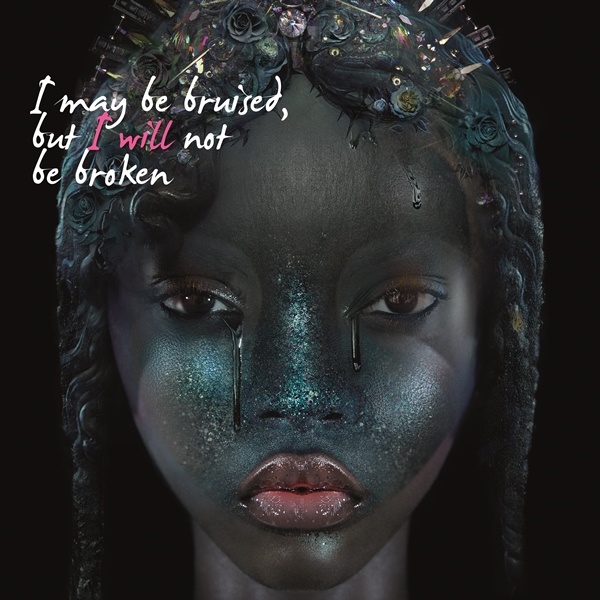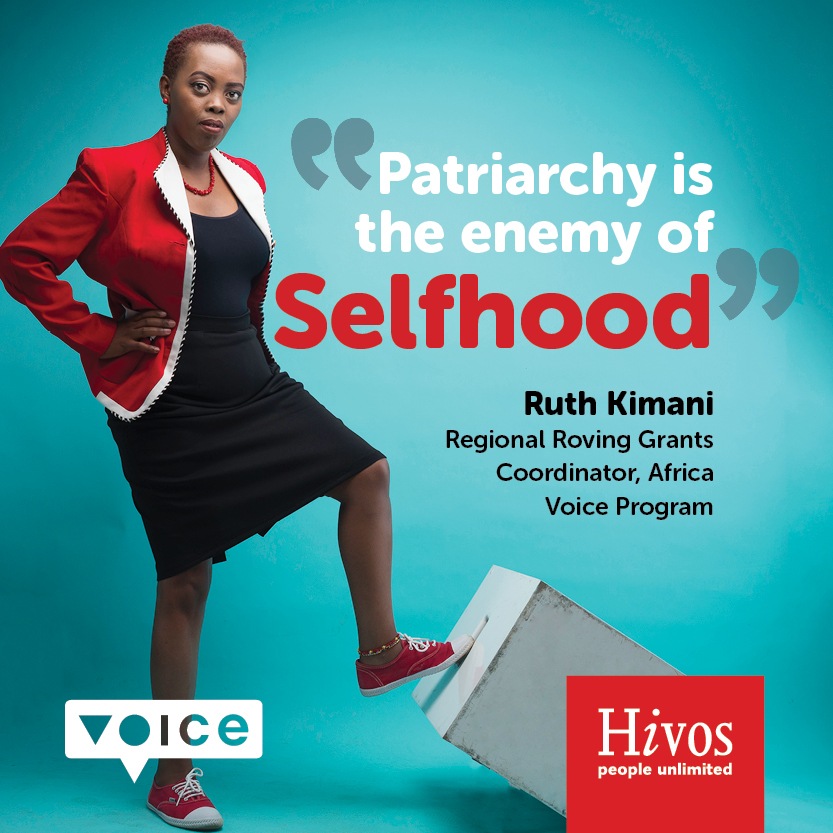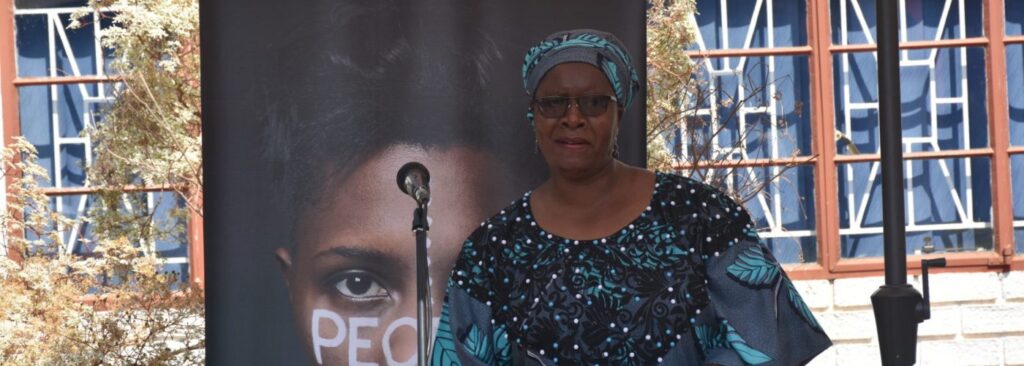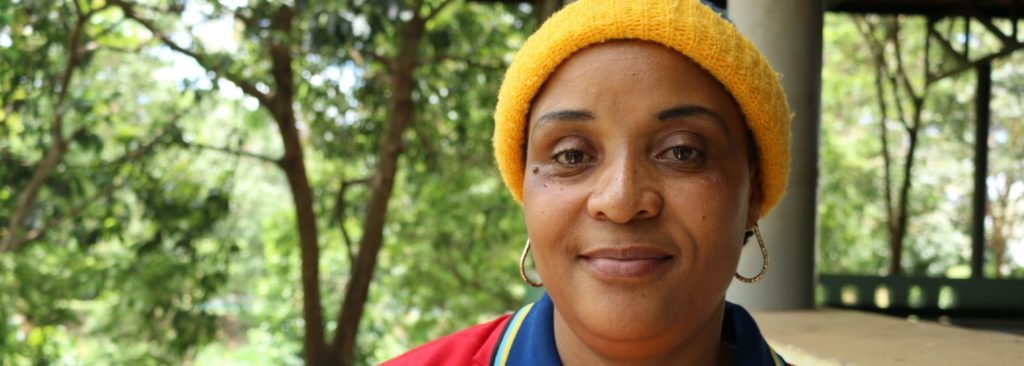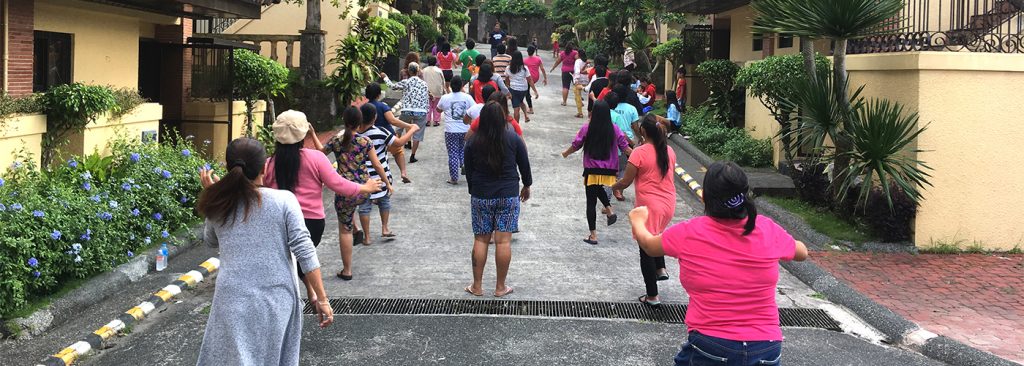By Ruth Kimani and Sally Akinyi
Women’s selfhood has been historically controlled and even outrightly denied by law, customary practice, and cultural stereotypes. Selfhood – a state where a woman repositions herself outside traditional gender and cultural norms – is emerging as a feminist perspective on the right to “self”.
Identified either as inferior versions of men, or as their direct opposite, women have been historically confined to the private domestic sphere where their voices could be neutralized. They were relegated to subordinate roles and duties: the empathetic, supportive wife; the vulnerable sexual partner; the nurturing mother. Associated with bodies rather than minds, women were tasked with maintaining their own bodies and those of others in a gendered division of labor. The same gendered division that has historically determined our values: valorization of the masculine and stigmatization of the feminine.
The logical result of this binary opposition: masculinity-superior / femininity-inferior, is patriarchy, which oppresses women in many ways, for example by alienating them from their bodies. In this context, women are denied the free choice to control their bodies or enjoy their sexuality. From denial of abortion rights to extreme forms of sexual violence and abuse, such as Female Genital Mutilation (FGM), women’s right to be is still an elusive dream.
Selfhood: faith, feminism and women’s sexuality
Patriarchy also infringes on women’s rights by using religion and faith. A new book by Kenyan religious activist Reverend Njoya – a leading champion of women’s rights and founder of the Equality of Men and Women (MEW) – annihilates negative masculinity and patriarchy in all its forms. Titled Selfhood; divinity of the clitoris, the book provides perspective on the complete autonomy of women’s bodies and the absolute independence they need in making decisions pertaining to their physical and spiritual well being.
The book makes it easy to appreciate women’s constant quest for selfhood by exploring the psychological experiences of women in different social and political contexts. One of the stories Reverend Njoya shares is that of his mother, Wandia (1910-1950), who showed admirable boldness in refusing to be circumcised so she could pursue her education. Her story epitomizes the struggle to transcend racial and gender identity to demystify set norms controlling women.
Let’s normalize women’s rights as equal human rights.
As Rev. Timothy Njoya explains, “My mother‘s divinity was the root of my selfhood. By her refusal to be circumcised, Wandia did determine her selfhood, womanhood and the destiny of many African people. Her selfhood was the essence of humanity. She was free and sovereign; complete in herself by herself and for herself. From Wandia‘s womanhood streamed the will, wisdom and hope that illuminated her every path.’’
Selfhood’s basic narrative is: ‘”let’s normalize women’s rights as equal human rights.’’ The aim is to tear down attitudes of male entitlement that have integrated patriarchal norms into the cognitive and emotional fabric of women’s experiences and knowledge. We see examples of this when women contribute to their own oppression without realizing it. And sadly, oppressive norms may even lead women to question their own sanity or their ability to influence society independently.
Rev. Njoya notes that religion has been used to fill women’s minds with conscious and unconscious patriarchal biases that limit who they can really be. But he argues that religion can also be used to dismantle patriarchy, and that true faith should anchor the ideals of feminism, which has been key in dismantling patriarchy in its most extreme forms, such as FGM – a violation of human rights.
A key excerpt in his book reads:
Wandia desired to save her clitoris not because of any reason given to the Governors by the Missionary Conference, but because the clitoris was cut to serve the diabolical purpose of dehumanizing the girl child by treating her either as a tabula rasa or material thing. Not a single Missionary mentioned that to circumcise an eight-year-old girl to make her a wife and mother was child defilement, paedophilia, child trafficking and child abuse.
Conclusion? True selfhood can only be achieved when patriarchy is dismantled.
Hivos and Selfhood
Hivos believes that women and girls should have control over their lives and be able to participate actively in social, political and economic domains. Women’s empowerment is about realizing true equality for men and women.
One of our key approaches in promoting feminism is partnering with religious allies such as Reverend Timothy Njoya. Allies who champion women’s dignity and right to make decisions about their sexuality without influence from patriarchal cultures.
Selfhood; divinity of the clitoris speaks about women’s right to bodily autonomy particularly in a society where religion has been used to bolster patriarchal views of their sexuality.
Through the Voice Program, Hivos supported Reverend Njoya to influence the narrative around women’s rights by publishing his book.

